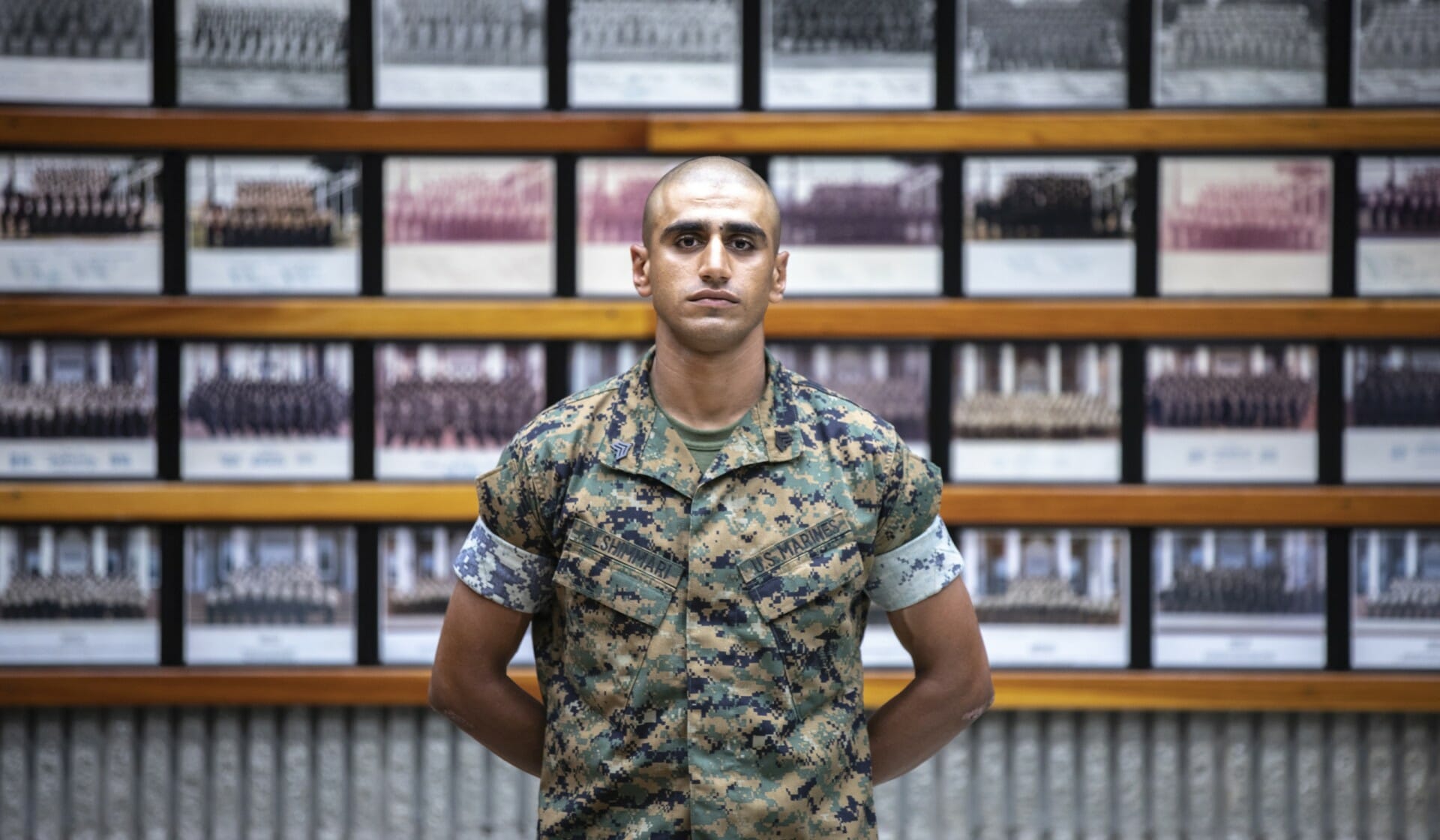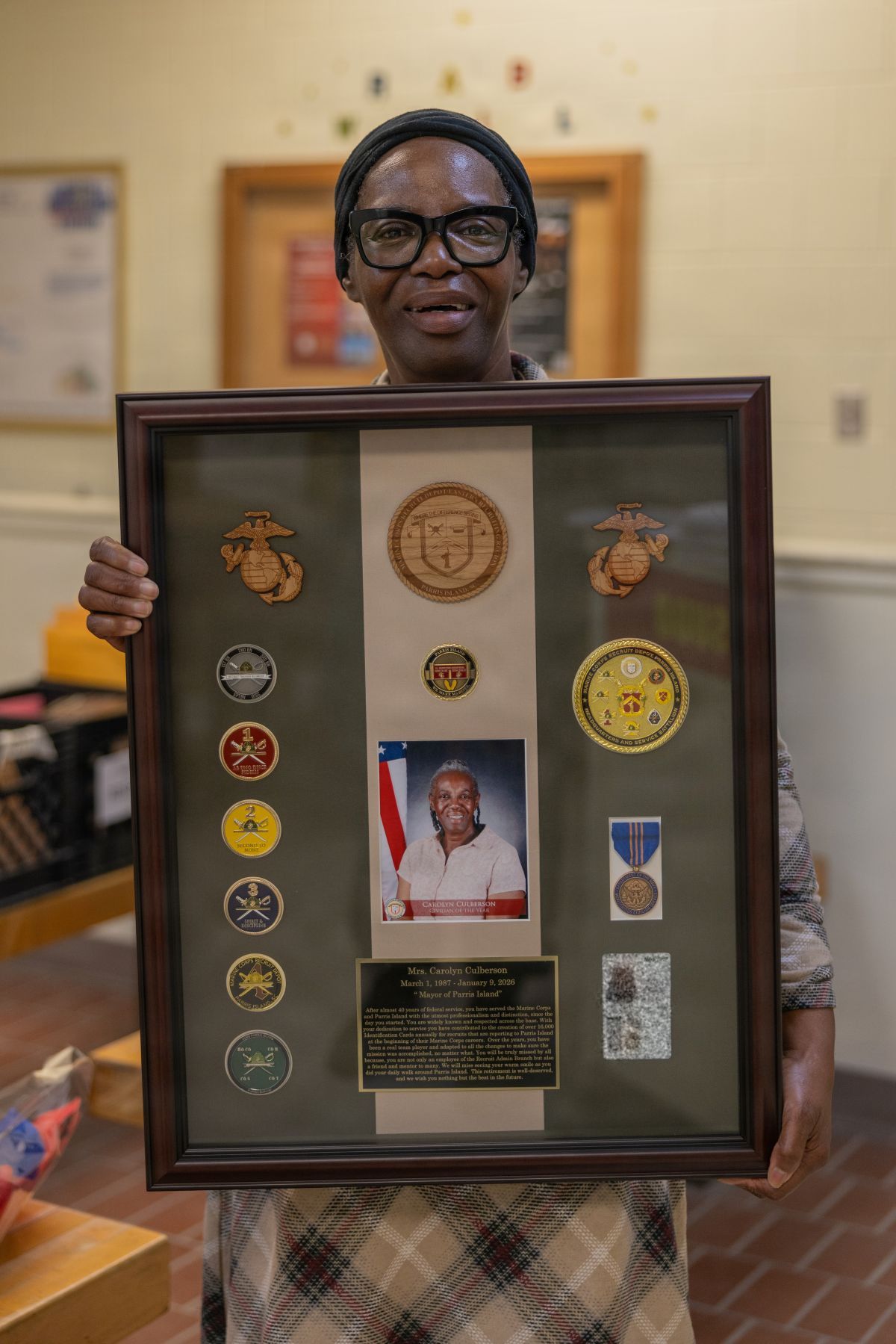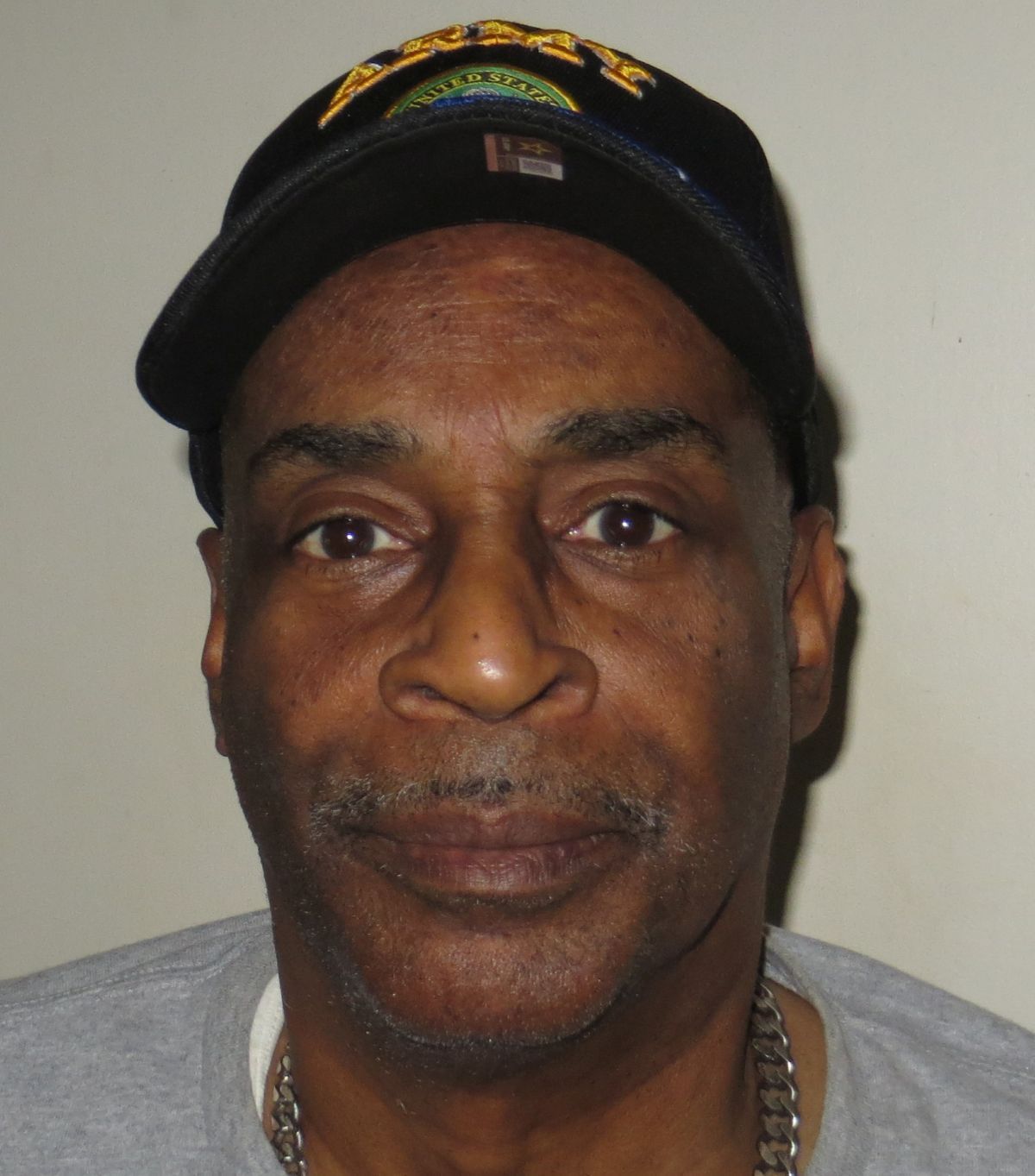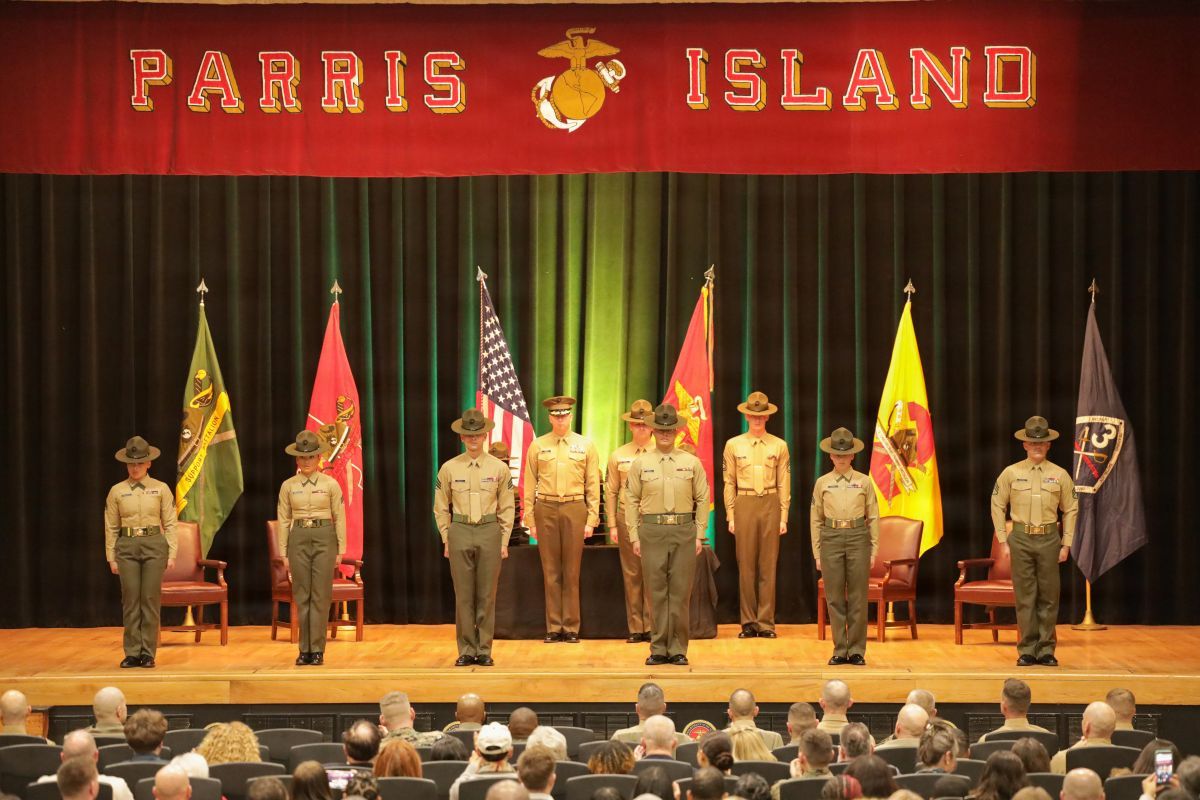Abdullah Alshimmari gives back after coming to America
By Sgt. Dana Beesley, USMC
Abdullah Alshimmari still remembers the fragile line between chaos and peace.
As a young boy growing up in the heart of Baghdad, he would sit at the kitchen window of his family home every day and feel the summer breeze on his face. He recalls the view of the houses in his neighborhood; so close to each other that one could practically leap from one roof to the next. This particular day, he remembers what he was having for lunch as he sat in the window: biscuits and tea, which he balanced on a tray in his lap.
“I hear this sound coming from down the street,” Alshimmari said. “It took a minute for me to realize a mortar had just dropped on the house two doors down. Everything started to move in slow motion, and the tray flipped in my hand; biscuits flew everywhere and I saw metal window casings and bars flying past. I knew this was a firefight. Every time it happened was scary, but I had grown used to it.”

Alshimmari’s mother and sisters were in the house with him at the time of the first blast. The dust and smoke became so thick, the family had to evacuate to the alleyway in between their house and the neighbors’.
“I could see who I thought were members of Al Qaida running past carrying RPGs, AKs, landmines, you name it,” Alshimmari said. Being one of three men in the house, Alshimmari – who was 11 years old at the time – had the responsibility of running from the house to the store where his uncle and father worked to warn them to find safety.
Alshimmari remembers the firefight going on for hours. After the smoke had settled, the family emerged to find their neighborhood in complete chaos; buildings and pieces of construction metal covered in bullet holes were scattered across the street; rubble and debris had worn into the houses lining the street. Alshimmari said the disarray was unnerving, despite seeing it happen many times before.
“Ever since the war started, my childhood was really scary,” Alshimmari said. “You hear something pop off and your only thought is, ‘Thank God it wasn’t me.’ It was horrible; you had to come to peace with the fact that you were going to lose family members and friends.”
Despite this, Alshimmari remembers being taken care of and treated with kindness by American service members who would patrol near his grandparents’ farm.
“The Marines would give me and my sisters gifts when they could stop on their patrol,” Alshimmari said. “I got a football, a bag of tennis balls … I actually ate an MRE before I even joined the military. Giving a kid something like that is giving them the world, even if I didn’t know what something like a football was used for at the time.”
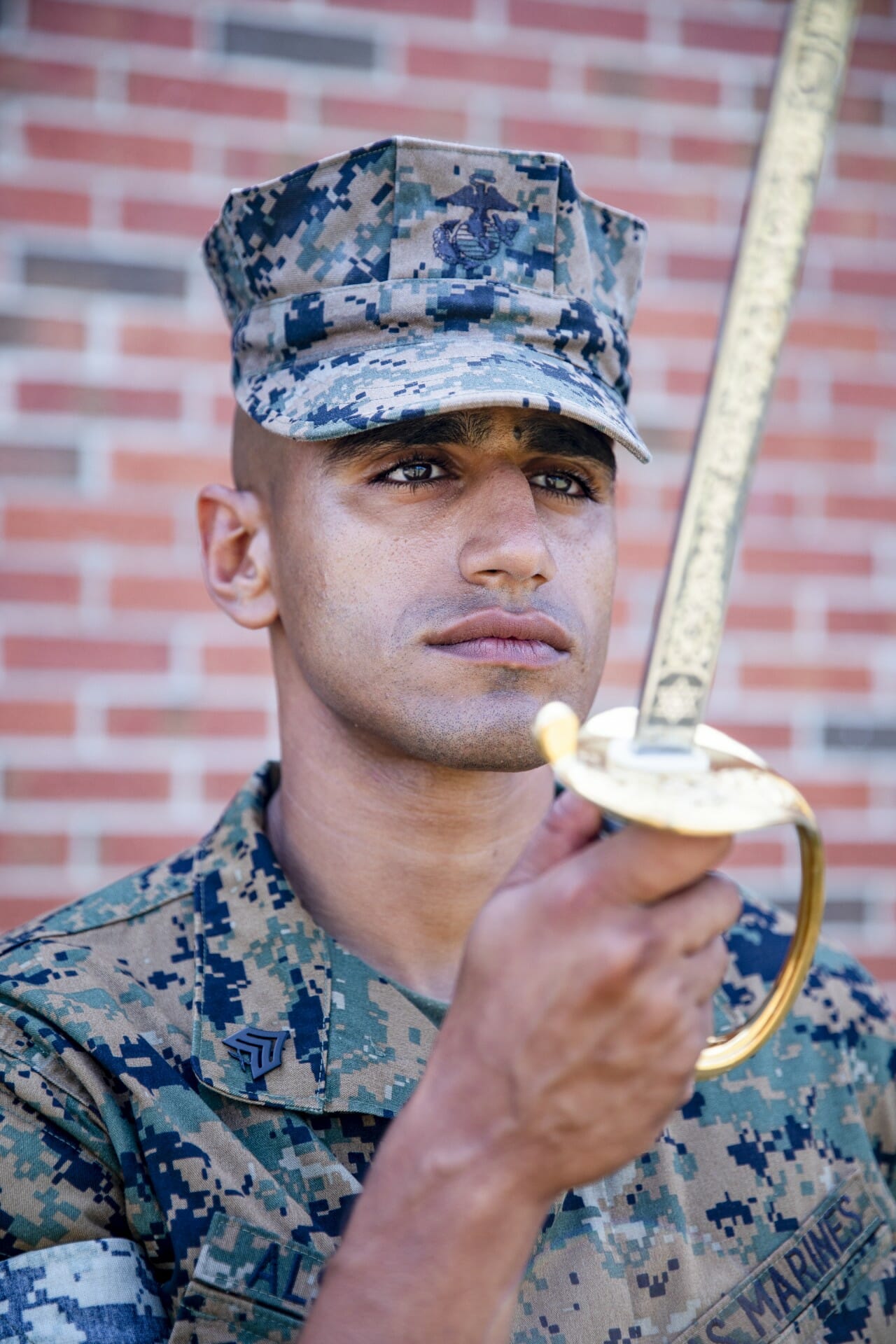
Alshimmari’s father worked as an electrician on the military base near their home. Upon receiving death threats, Alshimmari and his father were given work visas allowing them to travel to America. Through assistance from the U.S. Government, Alshimmari’s mother and sisters were granted asylum in Jordan, and he and his father moved to Texas in 2011, where his journey to becoming a United States Marine would begin.
“When I was in school in America, I felt like I was a part of something but I didn’t ever really belong,” Alshimmari said. “Every 9/11 remembrance day I would sit at the back of the class and just watch as heads would turn to look at me. I was judged by where I came from and what I looked like. That was until I found the Marine Corps.”
A friend in class first introduced Alshimmari to the possibility of joining the Marine Corps, and he began to research the various opportunities online.
“At the time, I saw joining the military as a way to give back,” Alshimmari said. “I never really liked to take the easy way in things; I think I saw the Marine Corps as a challenge I had never experienced, and I had already been through so much worse, what’s the worst that could happen?”
Ashimmari said he was a quick study as a poolee. His recruiters saw that his mental and physical toughness made the desire he had to succeed as a Marine even stronger.
Alshimmari graduated recruit training in November of 2015. Now, as a Drill Instructor School student at Marine Corps Recruit Depot Parris Island and a sergeant of Marines, his goals have shifted to how he can better lead his Marines and train his recruits; not only because of his experiences in the Marine Corps, but because of the adversity he has overcome.
First Sgt. Juan Segura, the senior enlisted advisor for Drill Instructor School and one of Alshimmari’s instructors, recollects meeting Alshimmari in the first days of class and being struck by his story of resiliency. Segura remembers a similar experience from the opposite side of the coin, as a Marine deployed in Iraq. Segura and his squad would stuff their pockets with candy and small trinkets from their care packages to give to the children as they patrolled the area.
“When I talked to him about how he got to where he is today, where he experienced what he did as a child in Iraq, and having been there myself it was different,” Segura said. “The kids we saw when we went on patrols were the future, and we learned that if we treated them as such, they would go on to do great things just as Alshimmari has.”
Segura said Alshimmari stood out to him because of his clear professionalism and determination in every task he was given.
“I see him in the future sharing his story with his Marines and that’s something to admire,” Segura said. “His story had so much tied in to what the Marine Corps has gone through in the last 20 years. It’s almost symbiotic.”
Alshimmari says his desire to take care his Marines and recruits in the future is that much stronger because of what he survived.
“If I could say one thing about my experience from living in Baghdad to coming to America and serving, it’s to give your Marines a chance,” Alshimmari said. “I always apply what I went through in the past to how I am now; often, I see people given one and only one chance and if they make a mistake, and they are then labeled for life. Second chances are a must.”
Segura spoke of a similar pride of belonging that came from being in the Marines and experiencing firsthand the relationships built between nations.
“I think about those times when we would meet those children on patrol,” Segura said. “Even small-level leadership I had understood that not everybody was an enemy, and where there is mutual respect, there is friendship. What I see in Alshimmari is that, somewhere down the line, a Marine or a few Marines got it right, and now not only to come to the United States to become a citizen, but to also become a Marine and serve; and on top of everything, have the desire to make and lead the Marines of the future … that is admirable.”
Photos by Sgt. Dana Beesley, USMC

